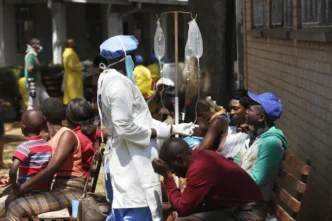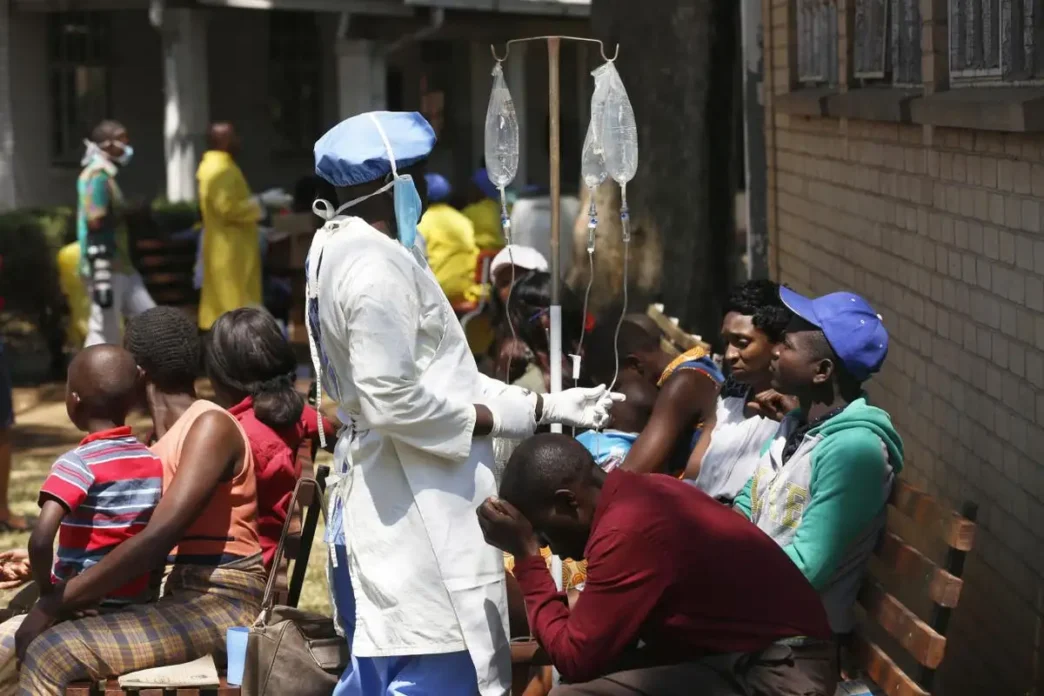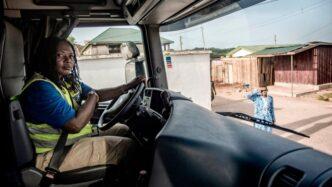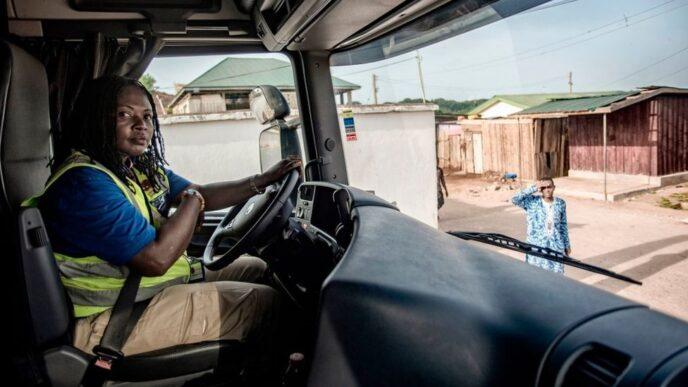Zimbabwe is once again in the grip of a cholera outbreak, with health officials confirming new cases in the Kariba district near the border with Zambia.
This comes just four months after the country declared an end to an earlier epidemic that claimed 718 lives over 18 months. The resurgence highlights ongoing challenges in water and sanitation infrastructure, worsened by persistent drought conditions.
The latest outbreak, which began on November 4, has already resulted in one death and 21 suspected cases in a fishing camp on Lake Kariba. Dr. Godfrey Muza, Kariba District Medical Officer, noted that the rising cases have prompted the government to seek local and international support.
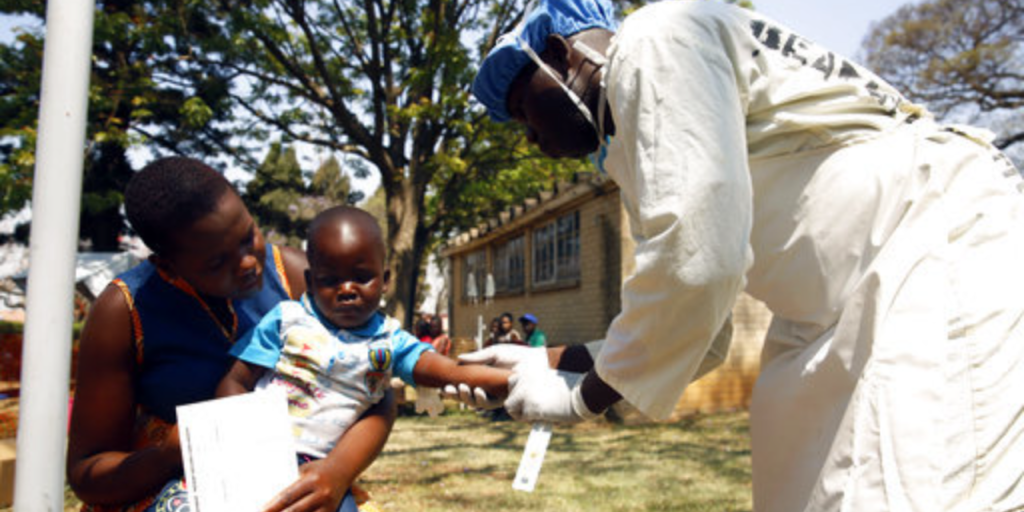
“We have set up a cholera treatment camp and oral rehydration points within affected villages,” he said, adding that organizations like Doctors Without Borders and UNICEF are assisting with hygiene promotion and sanitation improvements.
Zimbabwe has faced severe cholera outbreaks since the early 2000s due to collapsing urban water and sewer systems. The worst occurred in 2008, when over 98,000 cases and 4,000 deaths were recorded. Despite subsequent warnings from health experts about the urgent need for investment in water and sanitation, the problem persists.
Itai Rusike, director of the Community Working Group on Health, emphasized the avoidable nature of these outbreaks. “The 2008/2009 cholera epidemic showed the need for infrastructure investment,” Rusike said.
“It is disheartening that we continue to lose lives to a disease that is both preventable and treatable”. Norman Matara, secretary-general of the Zimbabwe Doctors for Human Rights, echoed these concerns.
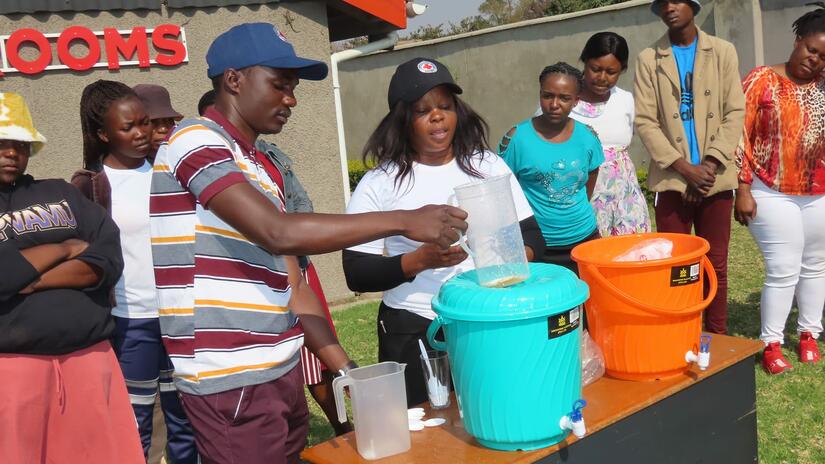
He pointed to the contamination of alternative water sources, such as shallow wells and boreholes, by sewage leaks as a major contributor. “We need to provide high-risk communities with oral cholera vaccines and ensure hospitals are well-equipped to manage outbreaks,” he said.
The situation is compounded by Zimbabwe’s broader water crisis, exacerbated by one of the worst droughts on record. Bulawayo, the country’s second-largest city, has already endured six days without piped water, with officials warning that taps could run dry entirely. Harare, the capital, has neighborhoods that have gone over a decade without piped water due to outdated infrastructure and population pressures.
As Zimbabwe grapples with food shortages, electricity crises, and now the resurgence of cholera, the call for definitive measures has never been more urgent. Will this outbreak finally spur the long-term investments needed to address the root causes of these recurring crises?
